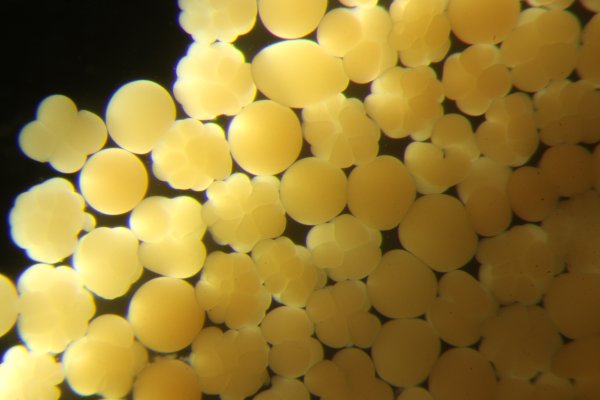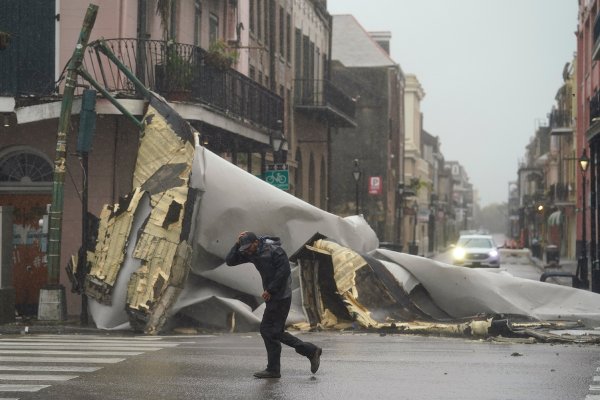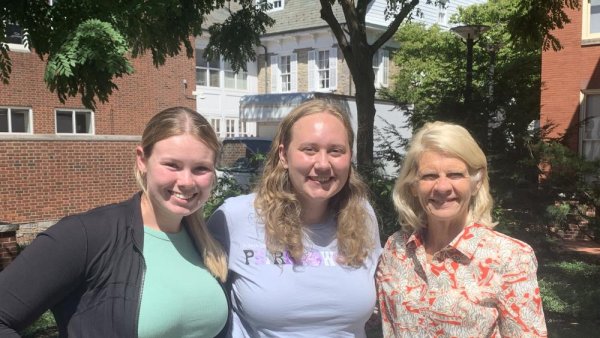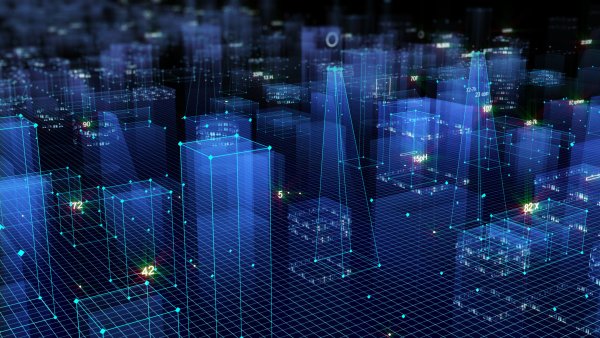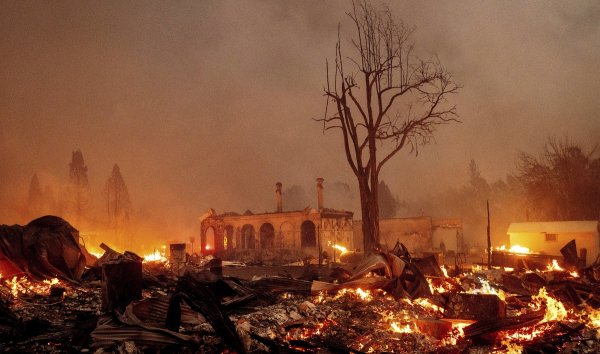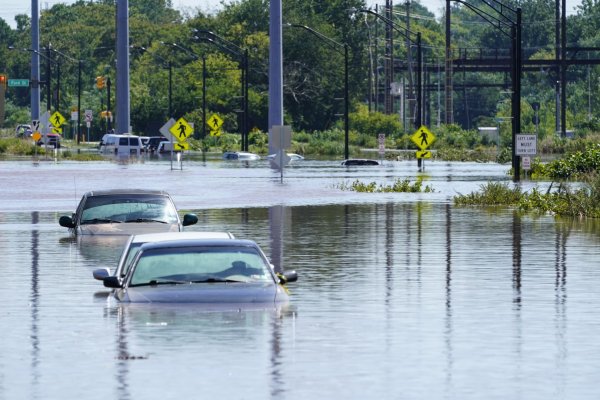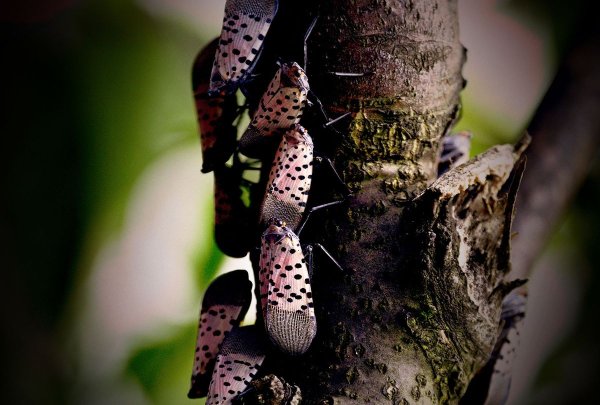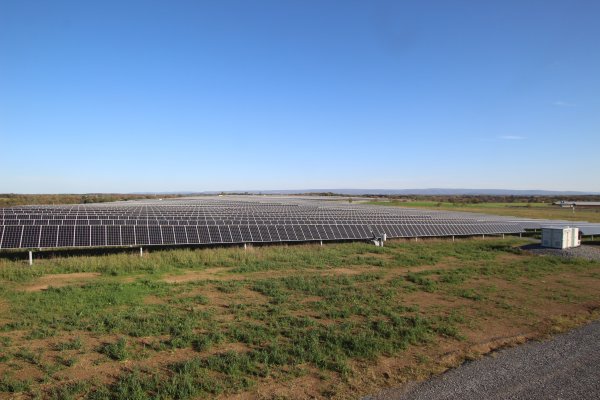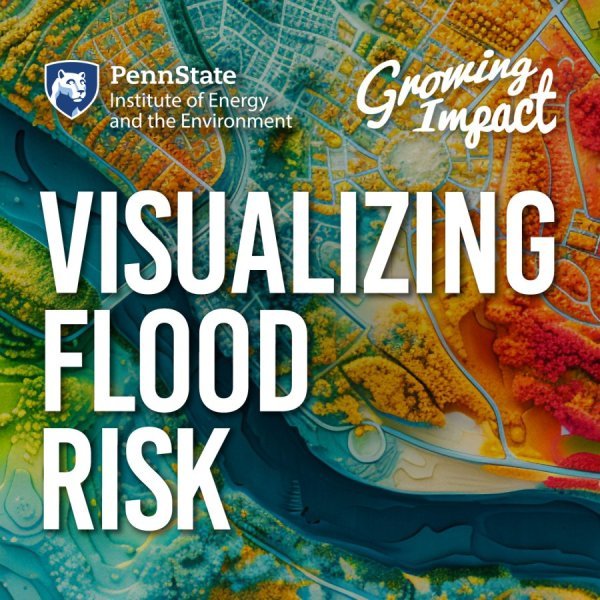Long-distance relationships for endangered corals
| news.psu.edu
Flash-frozen sperm collected from corals in Florida and Puerto Rico was used to fertilize coral eggs from hundreds of miles away in Curaçao. The technique could be used as a conservation tool to introduce genetic variation into endangered corals, potentially accelerating their adaptation to climate change.
Scientists explain Gulf Coast’s high hurricane risk and the role of climate change
| mississippifreepress.org
Four articles offer insight into why the New Orleans/Gulf Coast area is at high risk for intense hurricanes and the effect climate change is having on them.
Thole scholarship continues to support underrepresented groups in engineering
| psu.edu
With a new cohort of recipients, the Professor Karen A. Thole Annual Scholarship for Diversity in Engineering continues its track record of supporting underrepresented groups in engineering education and encouraging a more equitable workforce.
Engineering professor recognized for contributions to fuel cell research
| news.psu.edu
Chao-Yang Wang, professor of mechanical engineering and chemical engineering and the William E. Diefenderfer Chair at Penn State, was recognized for his research in fuel cell technology, which has enabled advancements in electrical vehicles.
Engineer to measure the efficiency of comfortable, useful lighting
| news.psu.edu
With the $450,000 in funding from the U.S. Department of Energy, Assistant Professor of Architectural Engineering Dorukalp Durmus will develop a framework to measure the relationship between electrical power used by lighting hardware and the amount of useful light generated for building occupants.
Climate change is driving extreme weather events around the world in 2021
| pri.org
As a slew of extreme weather events hit the headlines, the evidence of climate disruption is becoming undeniable. One climate expert warns that humanity is headed for dangerous thresholds of climate disruptions that would be beyond our ability to adapt.
Accelerating past zero: Helping Penn State achieve drawdown of its greenhouse gas pollution
| by Charles Anderson
Our production of greenhouse gas pollution and failure to eliminate it is worsening the fires, droughts, and storms that will kill and impoverish millions of people in this century and beyond due to climate change. But what can we at Penn State do in the face of this global challenge?
Climate change’s ‘fingerprint’ seen in Ida flooding
| stateimpact.npr.org
A mounting body of evidence shows that continued warming is making storms more intense.
The spotted lanternfly is invading the Northeast. The consequences will be dire if they take over
| salon.com
The pest, which was accidentally introduced in the US in 2014, stands to devastate crops and livelihoods.
Task force created to significantly reduce Penn State's carbon emissions
| news.psu.edu
A Carbon Emissions Reduction Task Force has been created to reconsider Penn State’s greenhouse gas emissions goal with a view toward setting a more aggressive target as well as a revised timeframe.
Call for researchers to participate in health, built environment workshop series
| news.psu.edu
Researchers are invited to register for a workshop series focusing on health and the built environment and express their interest in building an interdisciplinary team around the research area.
Penn State, Freiburg faculty collaborate on early cancer diagnostics
| news.psu.edu
In 2019, Penn State and the University of Freiburg conducted the third year of their Collaboration Development Program, a jointly financed seed-grant-funded program designed to facilitate collaborative research and teaching projects to become sustainable, self-supporting, long-term activities. One such project — “Ultrasensitive Liquid Biopsy for Early Cancer Diagnostics” — has seen great success.

